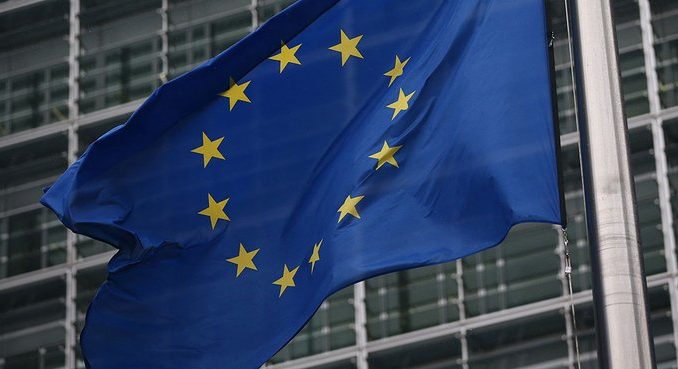
Washington and Brussels are both preparing for a future dominated by artificial intelligence — but first, they need to get out of each other’s way.
Tech regulators on both sides of the Atlantic hope to prevent a split on AI rules like one seen on data privacy, where regulators in Europe got out ahead of their U.S. counterparts and sparked all kinds of havoc that continue to threaten transatlantic data flows.
“There is a lot of interest to avoid having segmented approaches,” said Elham Tabassi, chief of staff in the Information Technology Laboratory at the National Institute of Standards and Technology. “It’s bad for the market. It’s bad for the economy.”
But regulators in the EU and U.S. are already taking different approaches to the multi-trillion-dollar transatlantic tech economy. The EU is plowing ahead with mandatory AI rules meant to safeguard privacy and civil rights while the U.S. focuses on voluntary guidelines.
And there’s another fundamental divide — the U.S. wants to promote ethical research and use of the technology while Europe focuses on potentially banning, restricting or auditing specific lines of code. Put another way: While Brussels worries AI tools might harm people, Washington worries the people developing or using those tools might harm people — and they’re crafting their rules accordingly.
Michael Nelson, a senior fellow in the Carnegie Endowment’s Technology and International Affairs Program, said the imbalance could cause U.S. tech companies to lose out on transatlantic business — and cause Europeans to miss new technological opportunities.
